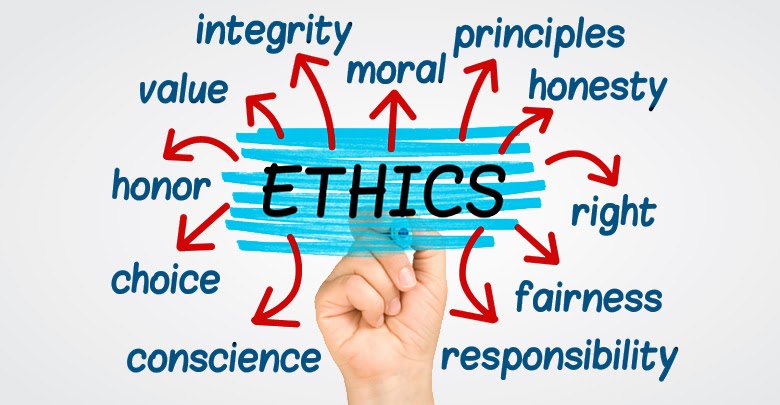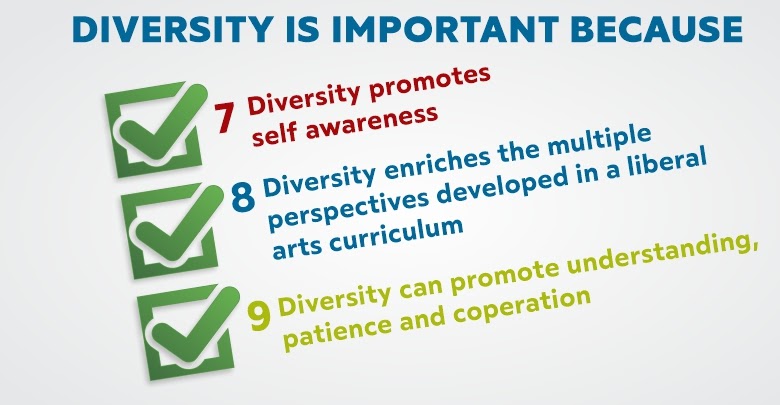Search Results for: martina
-
Martina Durljanova Contributor Articles from this author Martina Durljanova After graduation as an engineer at biotechnology, Martina`s experience in the field of civic organisations started as EVS volunteer in Poland. Since then she continues her contribution in the field of youth, firstly as a volunteer, then mentor, and trainer. Her first experience as a trainer started in 2014 for the…
Read More » -
While no single definition of conflict exists, most definitions involve the following factors: there are at least two independent groups, the groups perceive some incompatibility between themselves, and the groups interact with each other in some way. Two example definitions are: “process in which one party perceives that its interests are being opposed or negatively affected by another party”, and…
Read More » -
As leadership expert Warren Bennis once stated, “leadership is the capacity to translate vision into reality.” Leadership means different things to different people around the world, and different things in different situations. For example, it could relate to community leadership, religious leadership, political leadership, and leadership of campaigning groups. The words “leader” and “leadership” are often used incorrectly to describe…
Read More » -
Defining ethics Brown and Paolucci (1979) suggested that ethical decision-making and moral reasoning are at the heart of the profession. Simply stated, ethics refers to standards of behavior that tell us how human beings ought to act in the many situations in which they find themselves-as friends, parents, children, citizens, businesspeople, teachers, professionals, and so on. Ethical competence is a…
Read More » -
Defining Professionalism The word professional is used by different people in different ways. It is used as an adjective to describe a certain kind of behavior that is usually meant to be calm, controlled, objective and not interested in personal gain. When used as a noun, it is meant to signify an individual who has, through a combination of education…
Read More » -
Cooperation is an associative and basic process of social life. Society cannot exist without this. It is the very basis of social existence. It is one of the continuous social processes. The term ‘Co-operation’ is derived from the two Latin words ‘Co’ meaning together and ‘Operari’ meaning to work. Literally, Cooperation means ‘joint work’ or ‘working’ together’ for a common…
Read More » -
Cohesion is the degree to which group members come together as one unit to reach a common goal. Members of cohesive groups see themselves as one entity rather than a collection of individuals. Group members have positive regard for one another and get along well. They listen to and trust one another and respect each other’s opinion even if they…
Read More » -
Meet our trainers Darko Mitevski Trainer profile Dagna Gmitrowicz Trainer profile Jim Kleiber Trainer profile Leilani van Rheenen Trainer profile Donatas Petkauskas Trainer profile Federica de Micheli Trainer profile Antonio Jovanovski Trainer profile Meet our contributors Lauma Zubule Contributor profile Peter Hofmann Contributor profile Aleksandar Cickovic Contributor profile Martina Durljanova Contributor profile Vafire Muharemi Contributor profile Anamarija Velinovska Contributor profile…
Read More » -
What Is Culture? Culture is the totality of values, beliefs, and behaviors common to a large group of people. A culture may include shared language and folklore, communication styles and ideas, and thinking patterns—the “truths” accepted by members of the group. Members of culture have similar expectations of life. The term “culture” derives from the Latin word “cultura” which means…
Read More » -
Diversity awareness is one’s ability to embrace the uniqueness of all individuals along several dimensions such as race, religious beliefs, ethnicity, age, gender, physical abilities, political beliefs, a socioeconomic status. Diversity awareness skills extend beyond mere tolerance to encompass exploration of such individual differences, respecting them, and ultimately nurturing a healthy relationship with the individual despite the differences. With the…
Read More »







